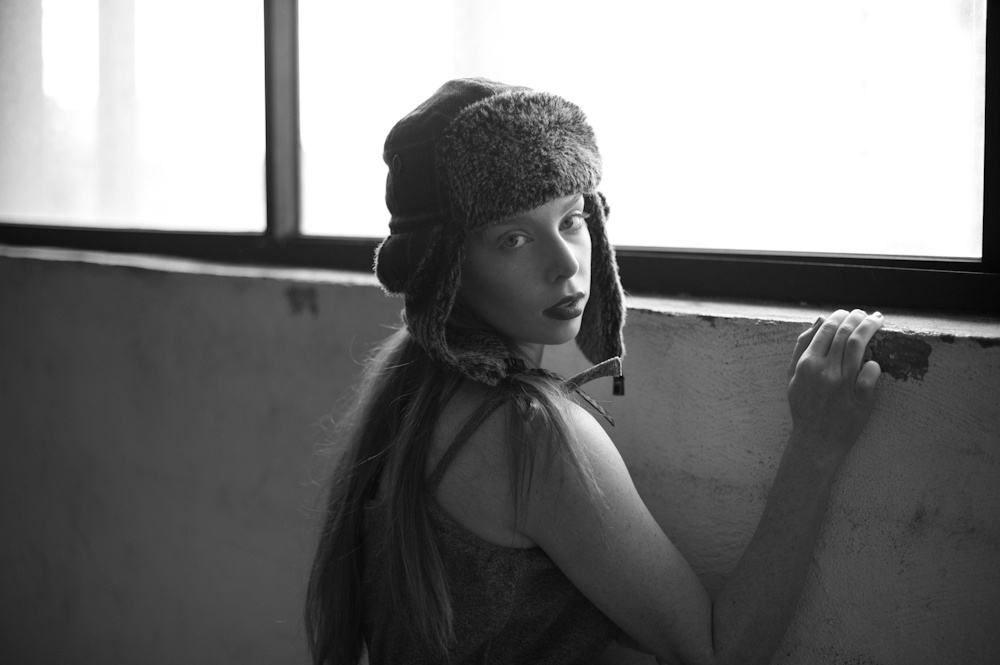Human nature can sometimes get the better of us. But sometimes knowing when to apply lessons and when to forget them can be the difference between taking photographs or taking photography to the next level.
I am self taught.
Well, at least in the parlance of the photography world. I've taken a few classes here and there. I've studied related fields. But I never specifically went to school for photography. I have no Bachelors of Photography degree, if that's what it's called. Instead, everything I've learned, I've learned by doing. By trial and error. Lots and lots or error. By putting in far more than my requisite ten thousand hours behind the lens to discover what works for me, and what doesn't.
Emphasis on the "for me" part of that last sentence.
But, as you know, photography is equal parts art and craft. Motivated by individual artistic impulse born of someone's soul. Executed by science and mathematics that turn that inspiration into an image.
Once I mastered the basic mathematics involved in things like lighting ratios, depth of field, and all the other crossover skills required to produce a photograph, my most powerful learning technique was observation. Quite simple, really. I'd look at the work of other photographers I admired. Then I would reverse engineer those images using my understanding of photography to figure out how they did it. Next time I was shooting, I would try out the new technique and, more often than not, voila! I was able to reproduce what I had seen. Or at least a respectable approximation of it.
For a long time, I took these accomplishments to be progress. And, I suppose they were, up to a point. Being able to make camera and light do what you want them to, when you want them to do it, is what separates a professional photographer from the majority of the population. Anyone can get a great shot once in awhile by simply shooting enough frames. But to be a Photographer, with a capital P, you need to know how you got that shot and be able to repeat it even when the perfect conditions aren't already there.

These experiments with reverse engineering were critical to my development. They filled my toolkit with a diverse skill set that I draw from every day.
But even training wheels have their limits. After several years of this practice, I had climbed through several grades at my self-made photography school. I had a portfolio full of my own versions of a Leibovitz, a Streiber, a Watson, a Penn. I wowed my friends and impressed a client or two with my ability to light. But my growth was stunted. My glorious Freshman year giving way to a Sophomore slump. I had mastered the masters. So what was I doing wrong?
I hadn't mastered myself. I'd learned really well how to be other people behind the camera. But, I hadn't yet learned how to be myself.
Like an in-demand art forger, I'd learned all the brush strokes and could recreate a Picasso with such perfection that it could fool all but the most astute of observers. But being able to recreate a Picasso isn't the same thing as actually being Picasso.

With enough practice, nearly anyone can learn a technique. But no amount of study will allow you to acquire another man's soul. You'll never speak with his voice, nor see through his tears.
It is our innate sensibilities and ability to translate them onto a canvas that make us who we are as an artists. Sensitivities develop through not only artistic experimentation, but a life lived without camera in hand.
Trying to emulate another artist's style without an intimate understanding of the substance dooms you to be second rate. Like Salieri to Mozart, you can learn the right keys, but somehow the tune just won't sound the same.
And that's OK.

Because you're not Mozart. You're you. No more. No less. Your voice is just as worthy of being heard as any of those masters you begin your career trying to impersonate. You just have to have the courage to speak out loud.
We make the mistake of thinking that if we can shoot like someone else, we will be successful like someone else. And while, at first, that theory may seem logical, as you attempt to progress to the next level of your career, it will quickly reveal itself to be incorrect.
Just think about it. Why would a company hire someone who can shoot like Mark Seliger when they can simply hire Mark Seliger? Who would knowingly purchase the forged Picasso? And, more importantly, why would you want to be a forged Picasso?
Your value lies in what you bring to the table. That only you bring to the table. And while observing others can help you learn technique, it can't teach you how to be yourself.
That is a lifetime journey. One that is impossible to reverse engineer. And one well worth taking.
Source: The One Thing All Photographers Do, The One Thing You Should Never Do
No comments:
Post a Comment